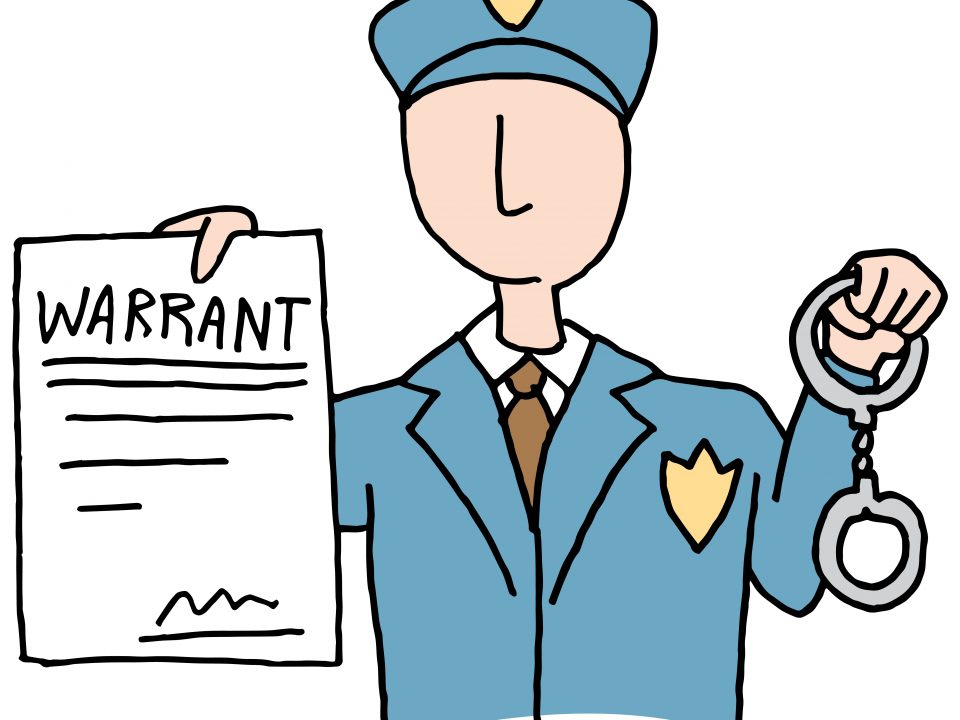The Fourth Amendment often doesn’t steal the spotlight like the First or Second Amendments, but its significance is undeniable. It is the cornerstone of our privacy rights, protecting us from unreasonable searches and seizures. It might not be in the news every day, but it’s always quietly working to keep us safe from government overreach. Let’s take a closer look at why this amendment deserves your attention.

What Does the Fourth Amendment Say?
The Fourth Amendment states:
“The right of the people to be secure in their persons, houses, papers, and effects, against unreasonable searches and seizures, shall not be violated, and no Warrants shall issue, but upon probable cause, supported by Oath or affirmation, and particularly describing the place to be searched, and the persons or things to be seized.”
This just means that the government can’t just show up at your door, rifle through your things, or arrest you without a good reason. They need a warrant, based on probable cause, and it has to be specific about what they’re looking for.
The Historical Context
To understand why this amendment is so important, we need to go back to the 1700s. During colonial times, the British government used general search warrants, called writs of assistance, to search colonists' homes and businesses without needing to explain why. These blanket searches were often used to enforce unpopular laws, like the ones that taxed goods or restricted trade. For the colonists, these searches felt like an abuse of power and a violation of their privacy. The Founding Fathers wanted to ensure that future governments couldn’t just invade people's privacy on a whim. They included the Fourth Amendment to protect citizens from unwarranted government interference.
Why It Still Matters
Fast forward to today, and the Fourth Amendment is just as crucial as ever. While the specific practices may have changed, the principle remains the same: we all have the right to privacy. In a world where surveillance technology is advancing rapidly, this amendment serves as a critical safeguard against government intrusion. From searches of personal devices to the collection of digital data, the Fourth Amendment remains a key defense in ensuring that our privacy isn’t trampled.
It’s Not Just About Physical Searches
While the Fourth Amendment is often associated with physical searches, it also covers digital privacy. In 2014, the Supreme Court ruled in Riley v. California that police cannot search a person’s cell phone without a warrant. This decision affirmed that modern technology, like smartphones, falls under the protection of the Fourth Amendment, reflecting how its principles continue to adapt to the times.
Why You Should Care
The Fourth Amendment is more than just a protection against random searches—it’s a vital part of our overall right to privacy. In an age where personal data is constantly collected and shared, this amendment is a reminder that our government can’t just take our information without due cause. It’s a shield that helps ensure our freedom from unnecessary government control.
Wrapping It Up
The Fourth Amendment may not always be the most talked-about part of the Constitution, but it plays a crucial role in preserving our personal freedoms. It ensures that we are secure in our homes, our belongings, and our digital lives, preventing unwarranted government interference. As we continue to navigate an increasingly connected world, the principles of the Fourth Amendment remain as relevant as ever. Stay tuned for the next article, where we’ll explore the ammendment that everyone knows as one's "right to remain silent".
Comments
Post a Comment